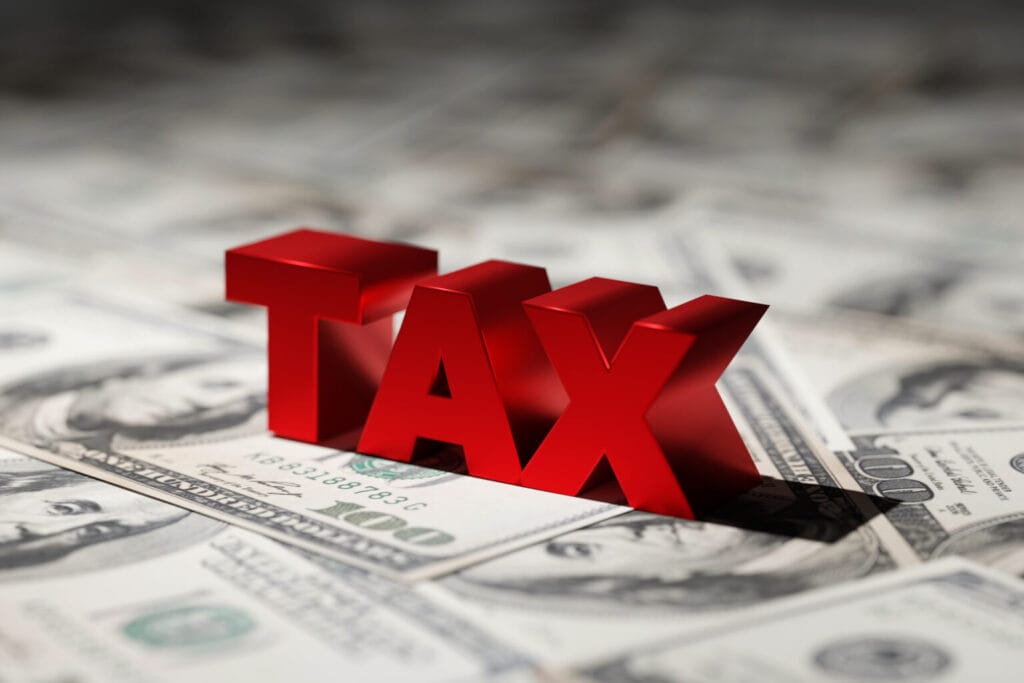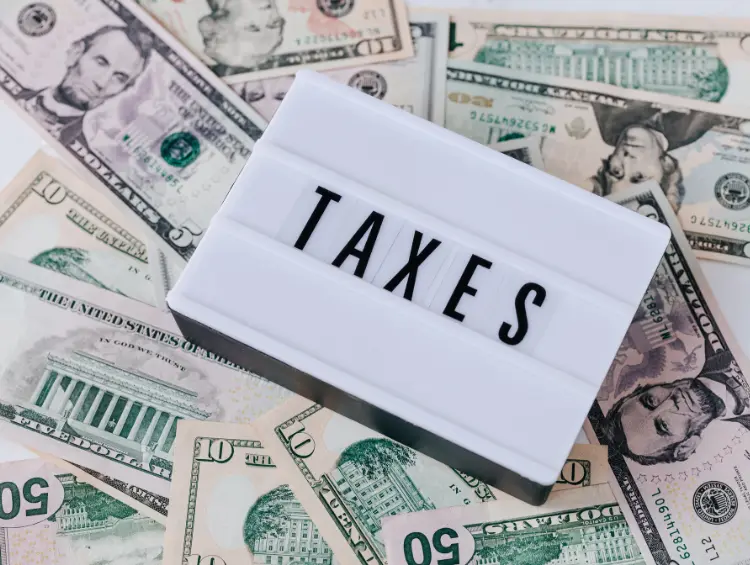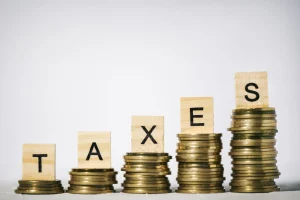Owning property in South Florida and you are concerned about Miami Dade County Real Estate Taxes. It’s all fun and sun and beaches, but there is serious responsibility involved too. And right at the top of that responsibility list is that of real estate taxes. OK, maybe they are not all that glamorous, but they are a very important part of any economy. They fund your schools, pave your roads, and keep the emergency services running.
Whether you’re buying your first home or you’ve owned a property for years, understanding the ins and outs of Miami Dade County Real Estate Taxes can save you money and exposure to some not-so-pleasant surprises. Let’s take the mystery out!
But what, exactly, are Miami Dade County Real Estate Taxes?

Real estate taxes, better known as property taxes, are annual fees paid by homeowners based on the value of their property.
Miami Dade County Real Estate Taxes, or property taxes, are collected annually from property owners in Miami-Dade County. These taxes are calculated based on your property’s assessed value and the local millage rate, which varies depending on where you live. Revenue from these taxes supports essential services such as schools, roads, parks, and emergency services.
- Public Schools – Better funding means better education for the kids.
- Roads and Parks – Everything from clean parks to smooth streets and property taxes help maintain your community.
- Emergency Services – Provide partial funding for fire departments, police, and emergency medical technicians.
- Community Programs – Libraries, recreation centers, and more.
Quick Facts:
- Property tax bills are issued in November of each year.
- You’ll get a discount for paying early–which I’ll explain in a minute.
- Skipping payments can result in penalties, late fees, or even a tax lien against your property.
How is your property tax bill calculated?
It’s based on the assessed value of your property and something else, called the millage rate.
What is the assessed value?
The Miami-Dade County Property Appraiser values your property every year. Here are some of the items they consider in their valuation:
- Market conditions – Refer to the current state of real estate prices within your locality.
- Property Improvements – Renovations, expansions, or major repairs.
- Comparable Sales – How much nearby homes are selling for.
You will be mailed a “Notice of Proposed Property Taxes” each year showing your assessed value and estimated taxes. If the value seems too high, do not freak out; you can appeal it and probably save big!
What is the Millage Rate?
Well, a millage rate is an amount of tax levied on the assessed value of your property. It’s set by various local authorities in your locale, like school boards and city governments, and will thus vary depending on where you are located.
Here is the other way of viewing:
- 1 mill = $1 of tax for every $1,000 of property value.
Quick Example:
With an assessed value of $300,000 in a jurisdiction with a millage rate of 20 mills or 2% in the annual levied amount against your property will be:
- $300,000 × 0.02 = $6,000 before allowances.
How to Get Your Tax Information
No more rummaging through heaps of papers and unnecessary phone calls since your information about the tax is online.
Here’s How:
- Go to the Miami-Dade County Property Appraiser website.
- Enter your property address or folio number.
- View your tax information, payment history, and parcel information.
This online tool is helpful if you want to:
- Check your assessed value for errors.
- Check if any dues are pending.
- Verify the payments of records.
Pro Tip: Bookmark this page for future use when tax season arrives.
What happens if you don’t pay your taxes?

You will accumulate late fees and penalties.
It could be that the county liens the property for back taxes.
After a certain point, your property could even go to a tax deed sale auction to recover unpaid taxes.
What is a tax lien?
View a tax lien as a red flag on your property: The county automatically has first rights against any money derived from a sale or refinance until such time as back taxes are cleared. If it’s not paid, the county will sell your property in an auction, and that’s a whole lot of hassle nobody needs.
Bottom line: If you’re falling behind, give the Miami-Dade Tax Collector’s Office a call. They can consider payment plans and other alternatives with you.
Easy Ways to Pay Property Taxes
Luckily, paying your Miami Dade County Real Estate Taxes is simple, and there are plenty of ways to do it:
Online: Make a safe payment on the Miami-Dade County Tax Collector website.
In Person: Visit your nearest tax office and pay with a cash Check Credit Card.
A cheque or money order may be forwarded by post to the tax office:.
Through Your Mortgage: This is when you escrow your taxes and your mortgage lender pays on your behalf.
Early Payment Discounts
Who doesn’t love saving money? Miami-Dade County rewards early birds with discounts:
- 4% discount if paid in November.
- 3% off during December.
- 2% off during January.
- 1% off during February.
Mark Your Calendar:
- November 1 – Tax Bills Issued.
- 31st March: Last date for payment
- April 1 Taxes become delinquent.
Set reminders on your phone or circle the dates on your calendar- whichever works best to help you avoid any late penalties.
Cut Property Tax by Exemptions
If your house is your primary residence, well, you’re in luck: Miami-Dade County has something called a Homestead Exemption that reduces your property’s taxable value – and can save you hundreds or even thousands of dollars every year.
How to Qualify:
- Your home must be your main residence on January 1 of the year.
- You must file for the exemption on or before March 1.
Other Exemptions to Consider
- You may be eligible for further concessions if you are:
- 65 or older and of limited income.
- A veteran or active-duty military person.
- A widow, widower, or a person with a disability.
Applying for exemptions is simple and can be done online or in person through the Property Appraiser’s office. Options abound, so don’t leave money on the table!
Tips to Keep Your Property Taxes Up to Date
- Review Your Assessment: If something doesn’t look right, appeal it.
- Pay early: Take the discount.
- Stay Organized: Keep copies of bills, receipts, and notices.
- Use online tools: Miami-Dade County’s web portal
- Ask for Help: If taxes feel overwhelming, consult a professional—it’s worth it!
Your Next Steps to Mastery in Property Taxes
Miami Dade County Real Estate Taxes might not be the most exciting part of homeownership, but it’s a key cog in the machine. Stay informed, use discounts and exemptions when available, and pay on time to keep it stress-free- and maybe even save a buck. So, take ownership! Learn about your property tax information, research your savings options, and by all means, ask for help when you need it. Along with the many great things about owning property in Miami-Dade County, one of the biggest aspects of taking advantage of your investment is understanding your taxes.



